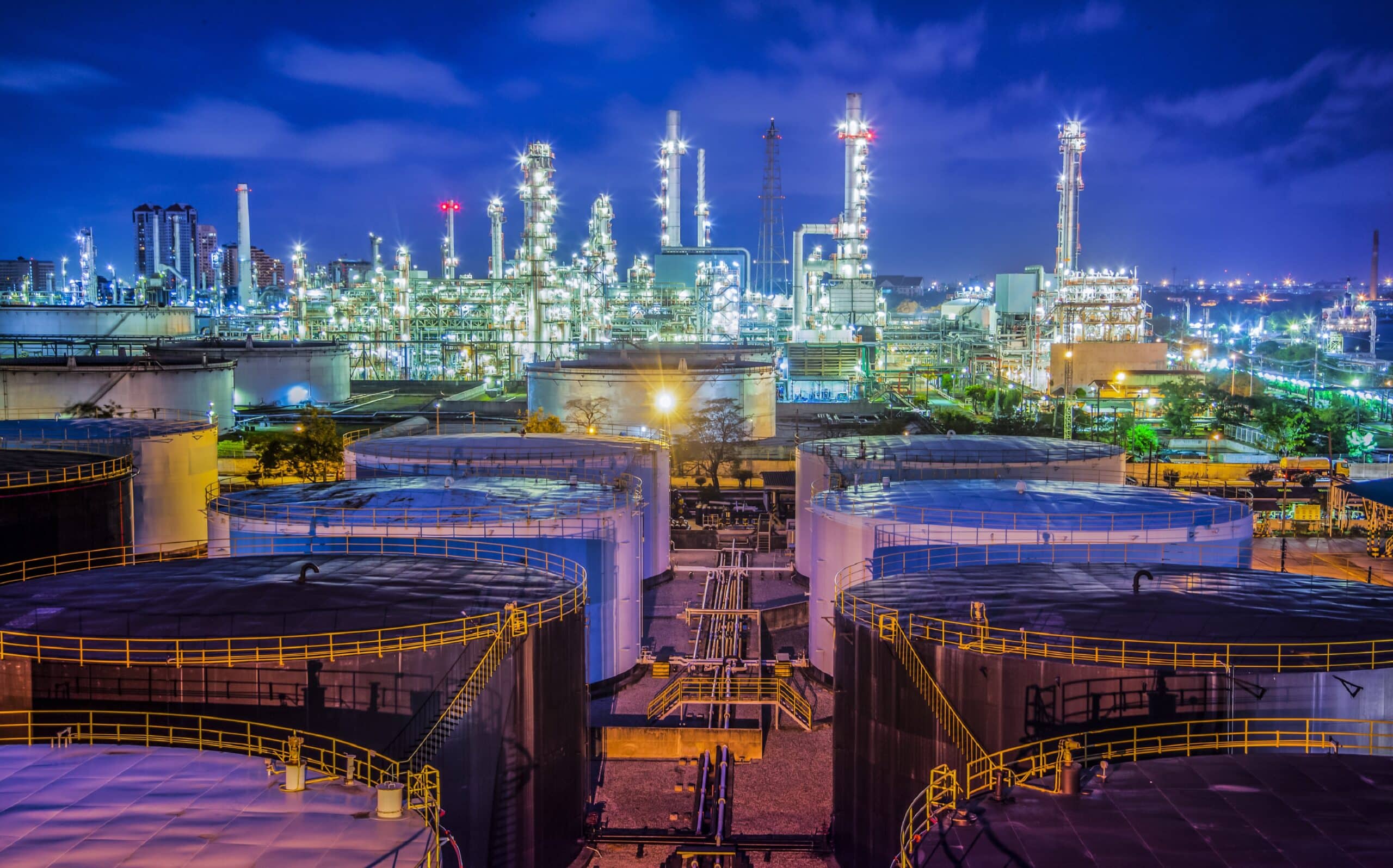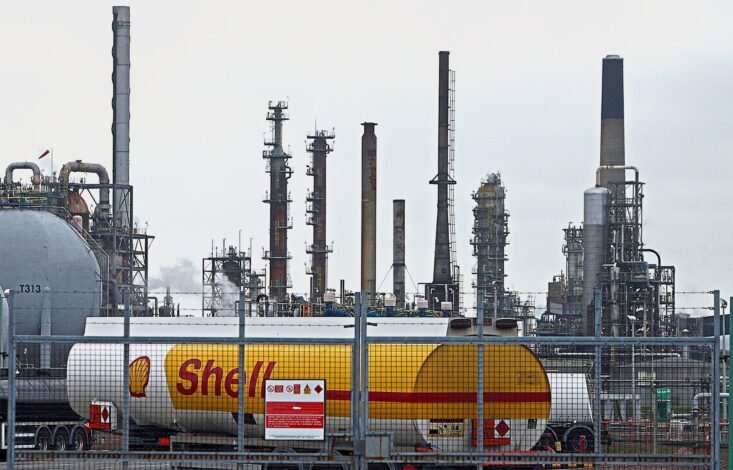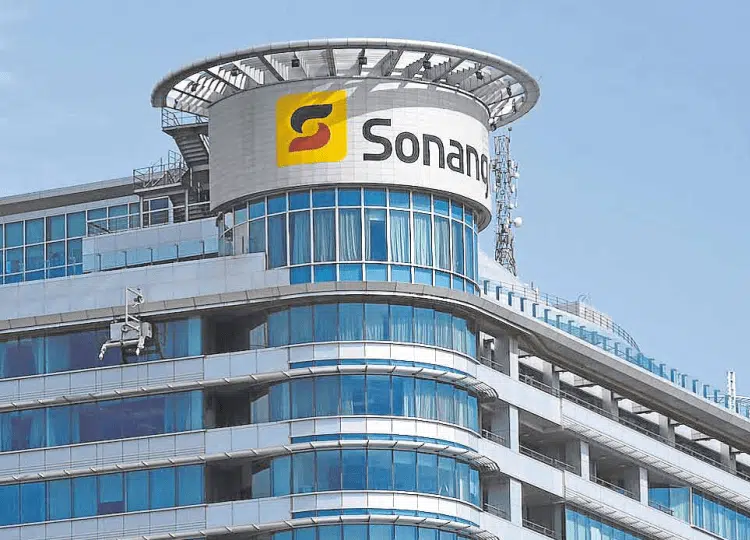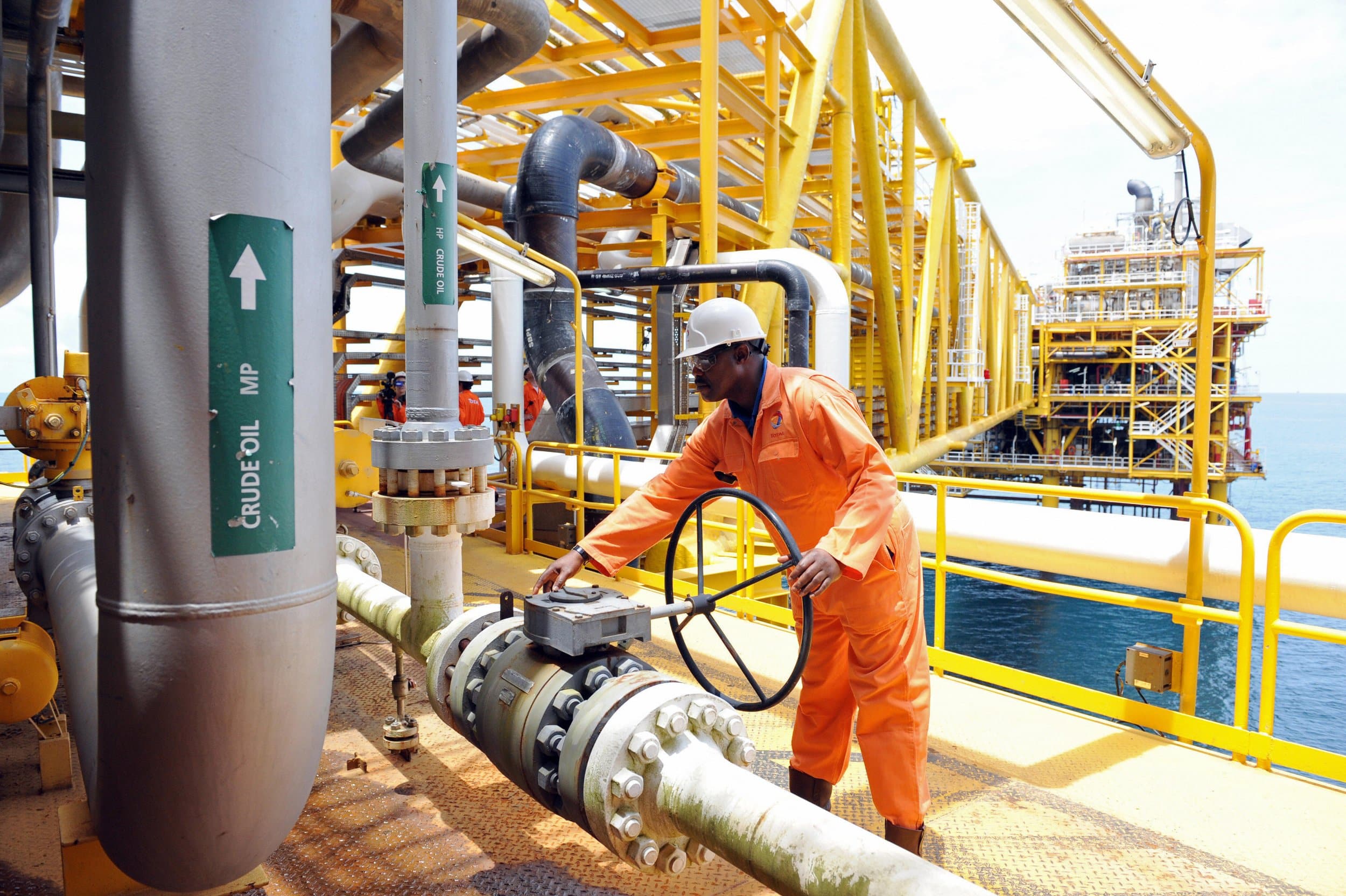Ghana’s oldest refinery, the Tema Oil Refinery (TOR) will be resuming operations in October. The restart follows extensive turnaround maintenance on TOR’s crude distillation unit and comes just months after the $2 billion Sentuo refinery began operations.
Speaking at the Africa Oil Week in Accra, TOR’s Acting Managing Director Edmond Kombat confirmed the imminent restart, calling it a cornerstone of Ghana’s regional energy strategy.
“Countries that fail to invest in refining infrastructure now will face serious energy insecurity,” Kombat warned. “Those acting decisively will be the Singapores of West Africa in 25 years’ time,” Kombat said.
Established in 1963, TOR has long served as a critical pillar of Ghana’s energy infrastructure, refining crude oil into essential products such as petrol, diesel, kerosene and cooking gas.
Following years of neglect, the iconic plant is undergoing a revamp to scale refining capacity from its current 45,000 barrels per day (bpd) to 100,000 bpd.
The new Sentuo refinery, situated within the Tema Industrial Area, is also expected to eventually scale up to 100,000 bpd, having already begun with an initial capacity of 40,000 barrels.
In January 2024, former President Nana Addo commissioned phase 1 of the Chinese-built refinery which would later order its first crude shipments earlier this year.
The government expects both plants to help meet Ghana’s domestic fuel demand and also position the country as a reliable supplier across sub-Saharan Africa.
Ghana’s regional fuel plans
Ghana imports over 80% of its refined petroleum products but the government aims to change that through its 24-Hour Economy programme, which aims to stimulate round-the-clock industrial activity.
In April, the Mahama-led government unveiled an ambitious master plan to develop three new oil refineries, five petrochemical plants, and several tank farms across the country.
These projects are valued at $60 billion and are expected to be achieved over a 10-year period, potentially setting up a regional fuel leader.
Toni Aubynn of the Petroleum Hub Development Corporation envisions these projects to capture value from Africa’s heavy reliance on imported refined products.
Despite Nigeria’s Dangote Refinery boasting a 650,000 bpd capacity, Ghana sees opportunity in regional supply gaps.
Nigeria’s daily domestic consumption exceeds 700,000 barrels, leaving room for Ghana to serve neighbouring markets such as Burkina Faso, Mali, Liberia, and Senegal.
The strategy is underpinned by demographic projections showing West Africa’s population doubling to nearly 900 million by 2050, with energy demand expected to rise tenfold.
However, infrastructure remains a critical challenge.
National Petroleum Authority CEO Godwin Tamakloe cited port congestion and limited discharge capacity as threats to Ghana’s competitive edge.
A proposed second Conventional Petroleum Facility would allow simultaneous unloading of two 65,000-tonne vessels, easing bottlenecks.
Plans are also underway for a 230-kilometre pipeline to Po in Burkina Faso, described by Tamakloe as “doable and potentially transformative.”
Meanwhile, Ghana Gas is advancing a 277-kilometre pipeline from Takoradi to Tema to reduce industrial energy costs by up to 40%.







